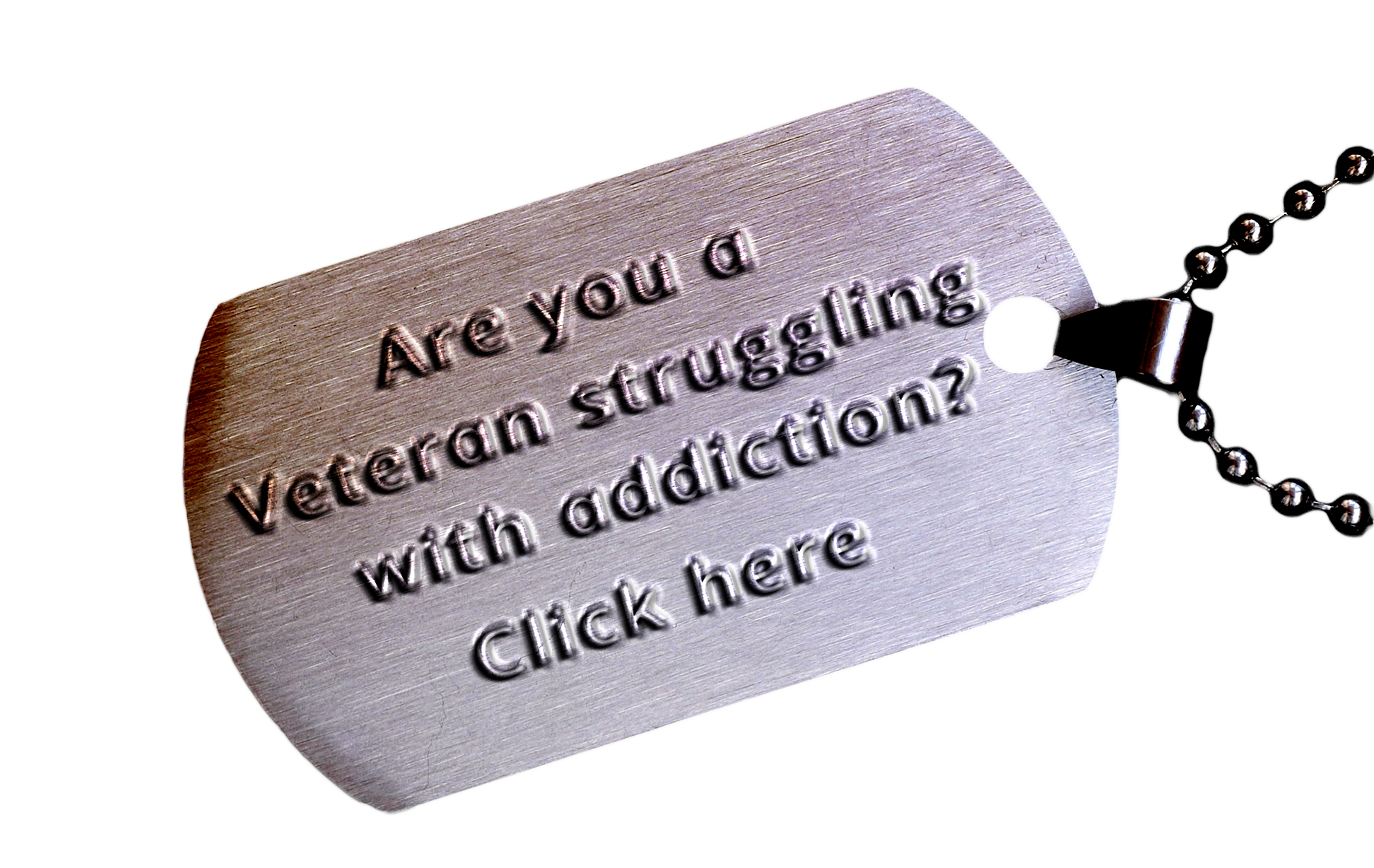In theory, nothing.
However, once you start putting your money on the line more and more often to satisfy your excessive gambling cravings, it may be a sign you've developed a compulsive gambling problem - aka, a gambling addiction. And that is something you can no longer underestimate.
Gambling addiction is as destructive as any other behavioral addiction or substance abuse. Untreated, it can lead to severe financial, physical, and mental problems. In many cases, compulsive gambling leads to drug and alcohol abuse, further destroying one's life.
That is why it's vital to act immediately whenever you suspect you or your loved one might be a compulsive gambler.
That's something Miracles Asia can help with, providing compulsive gamblers with a state-of-the-art holistic approach to behavioral addiction treatment.
What Is a Gambling Addiction?

Gambling is when you risk putting something of value to gain something of greater worth. So yes, even an innocent $5 bet with your friend can be considered gambling.
In most instances, however, compulsive gambling is related to casino games (whether at brick-and-mortar casinos or online gambling sites), sports betting, slot machines, scratch cards, and lottery tickets.
Essentially, everything comes down to how gambling stimulates our brain's reward system, acting similarly to substance abuse. Like alcohol and drugs, gambling triggers the release of dopamine, leading to a euphoric feeling.
Frequent gambling can lead to an uncontrollable urge to relieve this euphoric feeling, leading to excessive gambling behavior. Continuous gambling builds up a tolerance, causing the brain's neurons to adapt and produce less dopamine in response to gambling behavior.
To overcome it, problem gamblers engage in riskier activities to create the same level of satisfaction, eventually being unable to stop gambling despite it affecting their lives, finding themselves in a vicious, self-destructive circle of gambling addiction.
Gambling Disorder Risk Factors
That leads to a question: are there any risk factors for gambling addictions?
Yes, as found in several studies, some specific factors can increase the risk of someone developing a compulsive gambling problem. Namely:
Many factors can contribute to an individual developing problem gambling. What's more, many people who gamble will never develop an addiction.
That leads to a question: are there any risk factors for gambling addictions?
Yes, as found in several studies, some specific factors can increase the risk of someone developing a compulsive gambling problem. Namely:
Problem gambling is often associated with other co-occurring mental health problems, such as personality disorders, substance abuse, depression, PTSD, or anxiety. Compulsive gambling is also often associated with bipolar disorder, obsessive-compulsive disorder (OCD), and attention-deficit/hyperactivity disorder (ADHD).
Men more frequently become compulsive gamblers than women, although women tend to start gambling later in life and become addicted faster.
Generally, gambling addiction is more common among younger and middle-aged people. Essentially, the sooner you start gambling, the higher the chances of developing a gambling addiction.
Personality traits like competitiveness, restlessness, and impulsivity can all contribute to a higher risk of engaging in risky gambling behaviors, eventually leading to addiction.
If you have friends or family members who gamble frequently or are compulsive gamblers, there's a higher chance you may develop such a problem yourself.
In some cases, taking medication for Parkinson's disease or restless leg syndrome (RLS) may lead to developing behavioral addictions, including gambling problems.
Still, it might be better to stay away from such behaviors.
Gambling Addiction: Symptoms and Warning Signs
If you aren't sure whether you or your loved one may have a gambling disorder, pay attention to the following common gambling addiction signs and symptoms:
At Miracles Asia, we've developed a holistic and effective gambling addiction treatment program that has already helped numerous gambling addicts regain control of their lives.
If you believe you can't tackle your gambling behaviors yourself, Miracles Asia is your best chance for a full recovery. Untreated gambling addiction can lead to severe and destructive consequences.
Destructive Effects of Compulsive Gambling
Of course, the most commonly associated effect of problem gambling is the massive debt that a compulsive gambler can accumulate when gambling. In many instances, that debt can reach dozens of thousands of dollars, often exceeding hundreds thousand dollars.
Compulsive gambling can also cause pathological gamblers to lose jobs as they often neglect their professional responsibilities for gambling activities. Naturally, the lack of steady income doesn't help their financial situation.
Compulsive gamblers often try to cover these financial gaps by gambling more, leading to more money problems. They can even engage in illegal activities, such as theft and fraud, to support their addiction.
It's not uncommon for such activities to lead to losing one's property or declaring bankruptcy. All these can have a devastating effect on both the addict and their family members.
Such financial and psychological stress may lead to an individual trying to cope with their problems through drugs and alcohol, causing them to develop co-occurring addictions or mental disorders, such as depression or insomnia.
Having said that, it becomes even more apparent how crucial it is to seek help the moment you start suspecting you or your close one might be addicted to gambling.
Gambling Addiction Treatment
However, for those who have been diagnosed with a gambling addiction by a mental health professional, seeking professional treatment is the only way out.
When to Seek Professional Help?
Compulsive Gambling Treatment Options
People with gambling addiction usually undergo cognitive behavioral therapy, which involves exposure to the behavior and then learning how to reduce and cope with gambling urges. Therapy for gambling addiction focuses on identifying the roots of the addiction and negative beliefs and learning how to replace them with positive feelings.
Some antidepressants and mood stabilizers can help with underlying conditions that contribute to gambling addiction, such as bipolar disorder, depression, PTSD, or anxiety. Decreasing their effect on the individual can help with behavioral addictions, including problem gambling.
Many addicts find support and counseling groups, such as Gamblers Anonymous, beneficial and an essential and effective part of their addiction treatment.
As a leading rehab center in Thailand, Miracles Asia combines its unique holistic approach with tried and trusted methods to provide people struggling with compulsive gambling with the most effective treatment solution for a fraction costs charged by Western rehab facilities.
At Miracles Asia, we treat all kinds of behavioral addiction disorders, including pornography, sex, or internet addiction. We also specialize in alcohol and drug addiction treatment and mental health treatments, providing people who are suffering with all types of addictions and mental health disorders with an all-around treatment program that helps them overcome both their addiction and co-occurring issues.
Is It Possible to Prevent Gambling Addiction?
You can also cut yourself from financial triggers by setting limits on your credit or debit card and keeping a limited amount of cash on you. Also, try to engage in other activities to release dopamine. Exercise regularly, pick up an exciting hobby, and choose activities that don't include any form of gambling.
Such actions can help you prevent developing an addiction. However, if, despite such measures, you still feel the need to gamble or seek ways to engage in gambling opportunities, seeking professional help is imperative, be it therapy or a support group.
How Can Miracles Asia Help Treat Gambling Addiction?
Upon arriving at our luxurious and private villa, you will undergo a thorough assessment to receive the most effective treatment for your gambling addiction.
Throughout your stay, you will have 24-hour supervision as you embark on the path to recovery from gambling or other substance addictions. A personalized treatment plan will be tailored to cater to your unique needs, recognizing that each individual requires specific attention.
Our gambling addiction treatment program includes the following:
Why Choose Miracles Asia for Compulsive Gambling Rehab & Treatment?
Our facility offers a wide array of treatment options delivered by mental health professionals registered and licensed by the Thai Ministry of Health.
Our team consists of highly trained and qualified Western clinicians with personal addiction experience, ensuring a deep understanding of your struggles.
We focus on evidence-based treatments and develop a personalized treatment plan tailored to your specific needs. You can expect four one-to-one weekly sessions with our clinicians and support team, ensuring you receive the individual attention required for your recovery.
Additionally, we conduct multiple daily small group addiction treatment sessions, fostering a supportive environment alongside others on a similar journey. Our comprehensive relapse prevention program empowers you to maintain lasting progress.
Recognizing the importance of mental health and trauma treatments, we offer effective therapeutic approaches to address these aspects of your well-being. Furthermore, our commitment to providing 5-star hospitality extends to your accommodations and meals, ensuring your comfort throughout your stay.
We believe in holistic healing, offering excursions, sports, Yoga, and fitness activities to promote physical and emotional well-being. Additionally, we provide meditation, mindfulness, and massage sessions, aiding in relaxation and self-discovery.
Even after you complete your treatment, our extensive aftercare support program remains available to assist you in maintaining your progress and supporting your transition back to daily life.
Don't let your addictive behavior disrupt your life. Contact us today and regain control!





